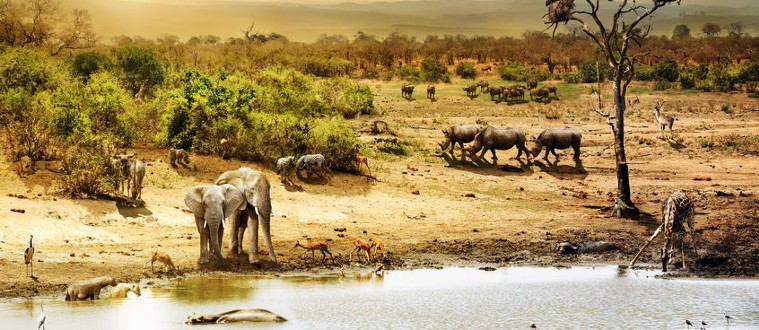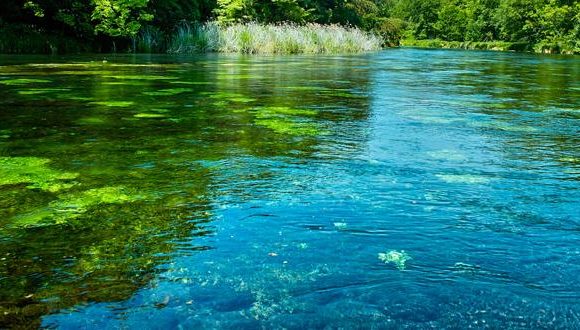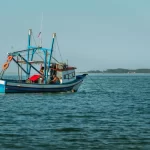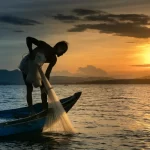Support Wildlife and Marine Conservation Efforts by Volunteers

Over the past 40 years, the Earth has already lost half of its wildlife, according to WWF. The planet is in the midst of a 6th mass extinction. But what makes this one worse than the previous 5 mass extinctions is that the rate is becoming comparable if not rapid.
The growing human population and their increasing demand for resources has cost the lives of tens of thousands of species. 865 species have already gone extinct, including 13% of birds and 25% of all mammals.
This is why scientists estimate that approximately 75% of wildlife species will become extinct in the next five centuries.
What is causing the current mass extinction?
- Poaching
- Over-hunting
- Loss of habitat
- Fragmentation
- Arrival of invasive species
- Pollution
- Climate change
The list can go on, what with the number of human-caused problems that not only threaten wildlife existence but the Earth’s ecosystems as well.
But all is not yet lost. You can still do your share to stave off if not completely stop mass extinction.
One thing that can be done is to help fund volunteers, such as Julie Fichefet, who will study wildlife, their habitat and needs, and find solutions to better save and conserve them.
A fresh bioscience engineer graduate with a major in environmental technology, Julie will travel in 5 countries that is home to a huge population of wildlife – Australia, Indonesia, South Africa, Thailand, and Zambia. All of which are under threat of extinction.
Every destination will provide opportunities for animal and marine conservation.
Australia
The Rainforest Habitat Wildlife Sanctuary is in need of people who can help care for the orphaned, sick, and injured animals. Part of the work is to educate the public about the issues on the environment, wildlife, and conservation.
Indonesia
Indonesia is home to 6 out of the 7 turtle species in the world that are listed on the IUCN Red List of Threatened Species as endangered, critically endangered, or vulnerable.
Habitat and nesting site destruction is one of the main threats faced by the marine turtles, along with unsustainable exploitation, illegal trade, and by-catch.
Volunteers will help rehabilitate injured turtles, release them back into the ocean whenever possible, nurture and care for hatchlings, and to educate people.
South Africa
This country in the African continent is home to the Big 5 – buffalo, elephant, lion, leopard, and rhino, and some of the prime dive locations in the world.
Volunteer work will include collecting data and photographic identification that will support wildlife trusts and foundations’ long-term objectives.
Thailand
With a huge number of elephants used as tourist attractions, animal abuse is prevalent in Thailand and other countries that use the animals in the same manner. This requires the need for volunteers to care for the abused, old, sick, disabled, and illegally owned elephants.
Increasing awareness and promoting elephant-friendly tourism are included in the program as well.
Zambia
With the population of lions estimated to have dropped by up to 90% since 1975, efforts for lion conservations have to be doubled. The African Lion & Environmental Research Trust (ALERT) and the African Lion Rehabilitation & Release into the Wild Program are working together to ensure lions don’t become extinct.
Image Copyright: adogslifephoto / 123RF Stock Photo















